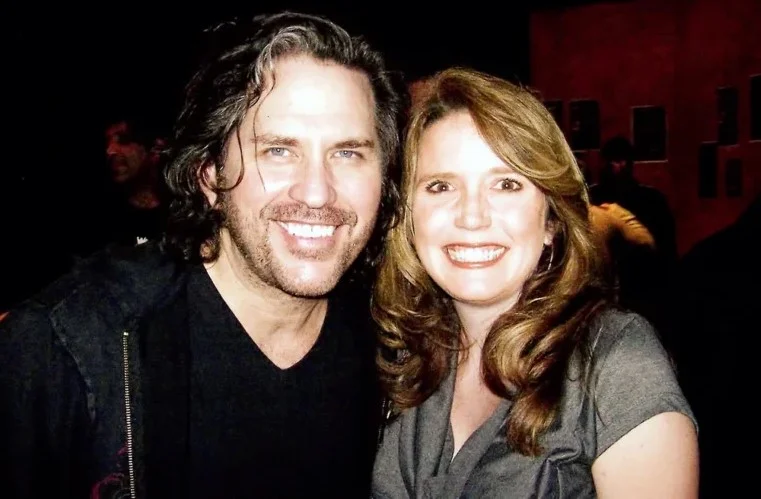Barack Obama: A Journey of Hope and Inspiration
Hawaii native Barack Obama had aspirations of changing the world at an early age. In Chicago, where he began his career as a community organizer, his love for assisting others was evident. Because of his commitment, he made history in 2008 by becoming the first African American president of the United States.
Obama inspired millions of people during his presidency with his themes of harmony and hope. He emphasized pressing concerns like health care and climate change, inspiring people to see the value of cooperation. He still inspires people now that he is no longer employed, demonstrating that one individual can genuinely make a difference in the world.
Early Life and Education
On August 4, 1961, in Honolulu, Hawaii, Barack Obama was born. His worldview was formed by the various cultural background he received from his mother and grandparents. He excelled in both academics and athletics at Punahou School, where his early schooling established a solid academic foundation. Hawaii’s heterogeneous atmosphere encouraged an inquisitive and receptive mindset that would later inform his leadership and diplomatic style.
Obama began examining his identity and purpose at Occidental College in Los Angeles after moving to the mainland to attend high school. He eventually transferred to Columbia University in New York City, getting a degree in political science.His awareness of social injustices and difficulties grew as a result of his urban experience, and he began looking for opportunities to have a significant impact on the neighborhood.
Community Organizing and Political Rise

Obama relocated to Chicago after graduating and started working as a community organizer there. Through his work, prejudice in housing and employment was addressed, giving locals the ability to stand up for themselves. Through this practical experience, he developed his public speaking and negotiation skills while interacting with people from a variety of backgrounds. His dedication to community organizing prepared the ground for his subsequent political career.
After winning a seat in the Illinois State Senate in 1996, Obama kept up his support of progressive causes. Attention was drawn to him beyond state lines because of his capacity to forge alliances and heal divisions. He gained national attention as a result of this program, which helped him win the 2004 U.S. Senate election.That year, he made a powerful speech as the keynote speaker at the Democratic National Convention, which cemented his status as one of the country’s emerging political stars.
Presidency: A New Era
On January 20, 2009, Obama took office as the 44th president of the United States against a backdrop of political divisiveness and economic turmoil. His administration prioritized important projects, such as the Affordable Care Act, which sought to give millions of Americans access to health care. Despite strong opposition, this historic act ultimately demonstrated his dedication to social justice and equality.
Obama placed a high priority on multilateralism and diplomacy in foreign affairs. He aimed to mend fences with nations such as Cuba and Iran, valuing communication over conflict. His approach to international challenges stressed collaboration, and he was given the Nobel Peace Prize in 2009 for his efforts to improve global diplomacy and cooperation.
Challenges and Controversies

Obama’s presidency wasn’t without difficulties, despite his noteworthy accomplishments. Republicans in Congress resisted him relentlessly, frequently obstructing his proposals. His attempts to foster unity were hampered by the growing polarization of the political environment. Deep ideological divisions exist in American culture, as evidenced by the continued polarization of issues like immigration reform and gun control.
His administration also had to deal with issues including foreign military incursions and surveillance methods. Some of these moves, according to his detractors, went against his campaign pledges of openness and moderation. A careful balance between preserving civil liberties and ensuring national security was needed to negotiate these complications.
Post-Presidency Contributions
Obama used a variety of outlets to continue influencing public conversation after leaving office in 2017. He founded the Obama Foundation with the goal of enabling upcoming leaders. The foundation has a strong emphasis on global citizenship, civic participation, and leadership development, which reflects his conviction that youth have the power to affect change.
Obama continues to participate actively in conversations about important social issues in addition to his charitable endeavors. He imparts knowledge from his experiences as president and his own writings, such as his biography “A Promised Land,” and public speaking engagements. His continued commitment to civic involvement and community empowerment proves that his impact continues far beyond his tenure in office.







